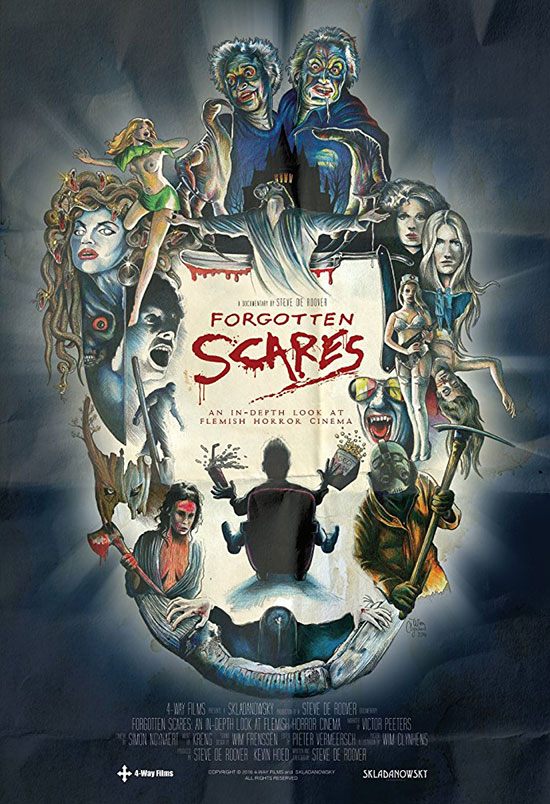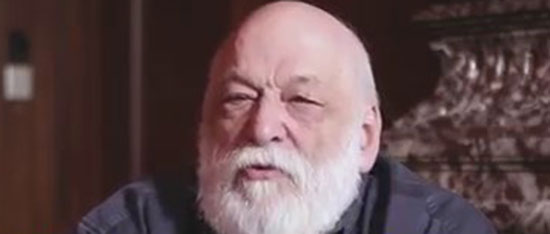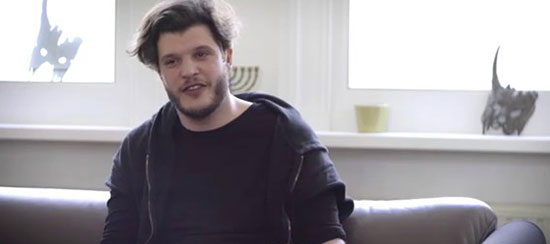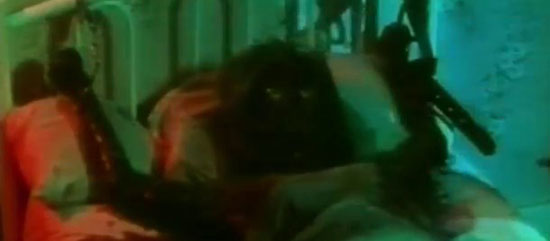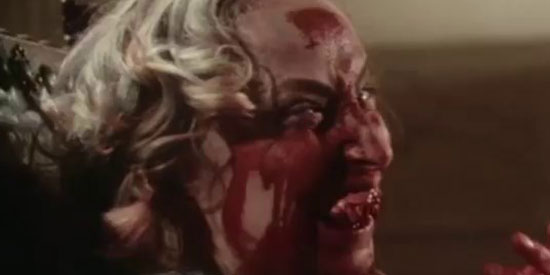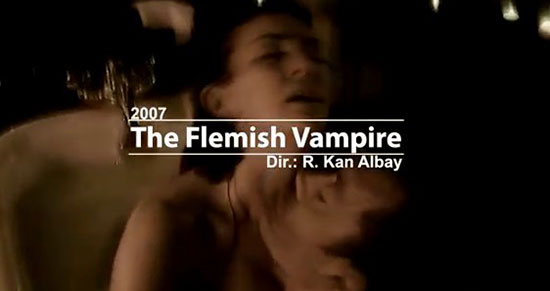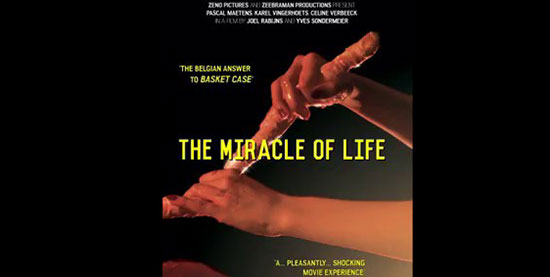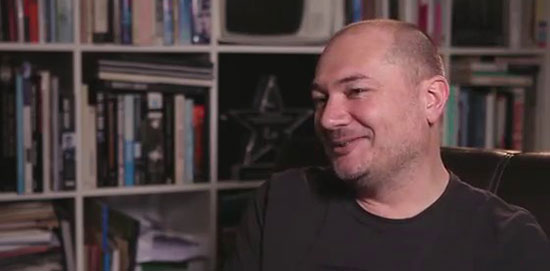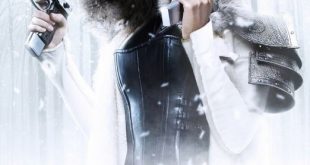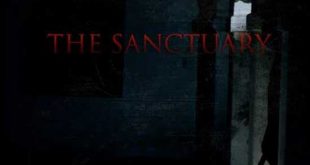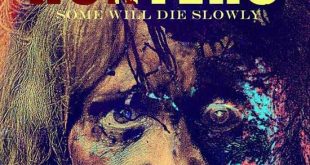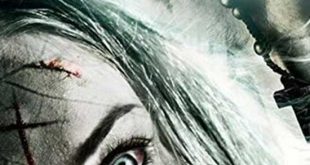SYNOPSIS:
The feature-length documentary “Forgotten Scares” goes back to the birth of Flemish horror in the ’70s and shines a bright light on the future of horror in Belgium.
REVIEW:
If there’s one thing I know about my “chosen” family, the horror community, it’s this: we are a bunch of nerds! I mean this with nothing but love, but we do love our Top 10 lists and retrospectives and behind the scenes features and all that, don’t we? We’ve broken our genre into so many subgenres, and then ranked and argued the merits of each film within said subgenres, and then re-ranked them and created new subgenres retroactively. We’re the baseball fans of the movie world. And there’s absolutely nothing wrong with any of this. I, for one, have an extensive “horror reference” section in my collection. I’m a total sucker for a well-written book about horror films, and even more so for a well-researched documentary about them. Steve de Roover’s Forgotten Scares: An In-depth Look at Flemish Horror Cinema is exactly the type of movie I’m talking about.
To give just a tiny bit of background info, “Flemish” refers to the Dutch-speaking area of Belgium, also known as Flanders, and so it is the horror films that have come from this small region that Forgotten Scares sets out to discuss (and it appears De Roover is currently working on another documentary, Surrealistic Nightmares: An In-depth Look at Walloon Horror Cinema, which covers the horror films of the other side of Belgium, the French-speaking side). According to mainstream opinion, there isn’t really much of a Belgian horror genre. In fact, when Jonas Govaerts debuted Welp (aka Cub) in 2014, the press declared it the 1st Flemish horror film. It is with these statements in mind that De Roover creates his documentary, full of interviews with Flemish filmmakers and clips of Flemish horror movies going as far back as 1971, a full 40+ years before the alleged “first” horror movie from the region appeared.
De Roover’s film goes chronologically, starting with Harry Kumel’s 1971 film, Daughters of Darkness, a film many of the interviewed directors claim as a big inspiration, and goes all the way up to the present, closing with 2016’s Laundry Man and discussing the potential future of Flemish horror films. In between, we are treated to clips of some of the landmark films, along with interviews with the writers and directors (when possible), as well as film historians and a couple actors. We get clips from movies that never made it, films that were being worked on and, for whatever reason, couldn’t be finished (Leon Paul de Bruyn’s SS Torture Hell), as well as from now-lost films (Luc Veldeman’s 1983 The Antwerp Killer, which sounds like it was as much a prank as it was a film). For these unreleased and hard to find clips alone, this documentary is valuable to any hardcore horror film fan.
Forgotten Scares delivers so much information in such a short amount of time; this is one you’ll want to watch again and again. The film touches on the Flemish government’s funding of films, and how some filmmakers feel about the limitations that come along with that. We learn about the hand Troma had in helping get some of these earlier films a wider audience, as well as why that partnership with Troma ended. There’s the controversy surrounding the Afterman sequels, the difficulty in finding local success while somehow doing well in many other parts of the world, and how attempting to go mainstream and/or employing big name actors doesn’t necessarily equal success. And when all is said and done, we’ll understand how vital a part Johan Vandewoestijne (sometimes known as James Desert, director of Lucker the Necrophagous) has played in the world of Flemish horror cinema.
I honestly can’t say enough about Forgotten Scares. This is exactly the type of horror film documentary that I love, packed full of great details and relevant interviewees (not random C-list stars from TV who happened to be available), created by someone who is knowledgeable about, and has experience in, the subject (De Roover has produced and directed and played a number of other roles in a great number of movies and short films and television and documentaries) and is able to deliver the story in an objective way. Sure, it would have been nice to see a little more from some of the actors on their experiences with the films and directors, but that’s just being picky. This is a horror film documentary that has you taking notes and making a list of films to hunt down, something I consider the ultimate sign of a well-made movie of this type. Forgotten Scares ranks up there with Mark Hartley’s Not Quite Hollywood, Kirby Dick’s This Film is Not Yet Rated, and Frank Henenlotter’s That’s Sexploitation! as an absolute must see documentary on genre cinema. It’s put together with the horror movie lover in mind, but it’s completely accessible to even a casual horror fan. Move this one to the top of your lists, it’s definitely worth it.
 Horror News | HNN Official Site | Horror Movies,Trailers, Reviews
Horror News | HNN Official Site | Horror Movies,Trailers, Reviews
